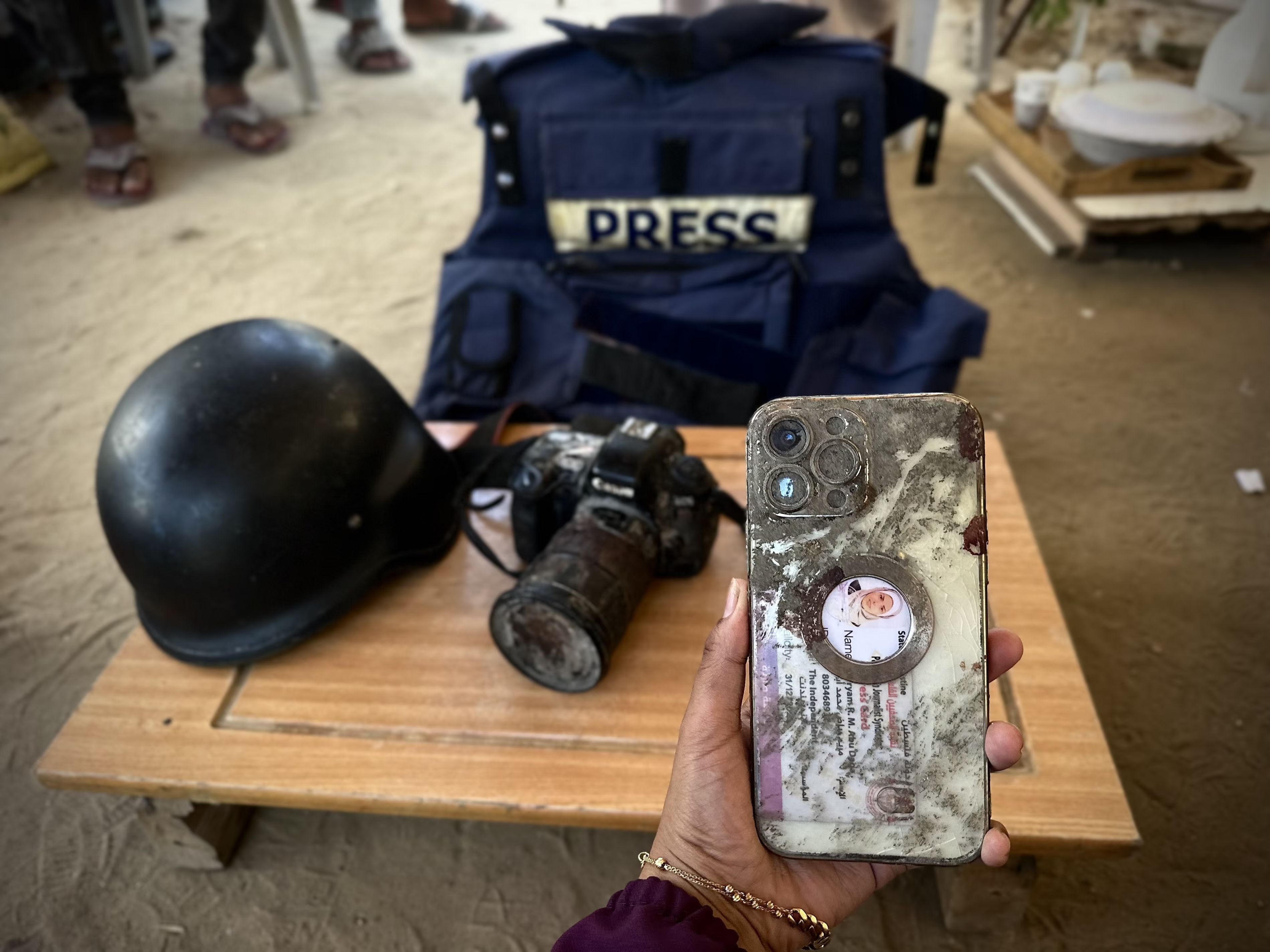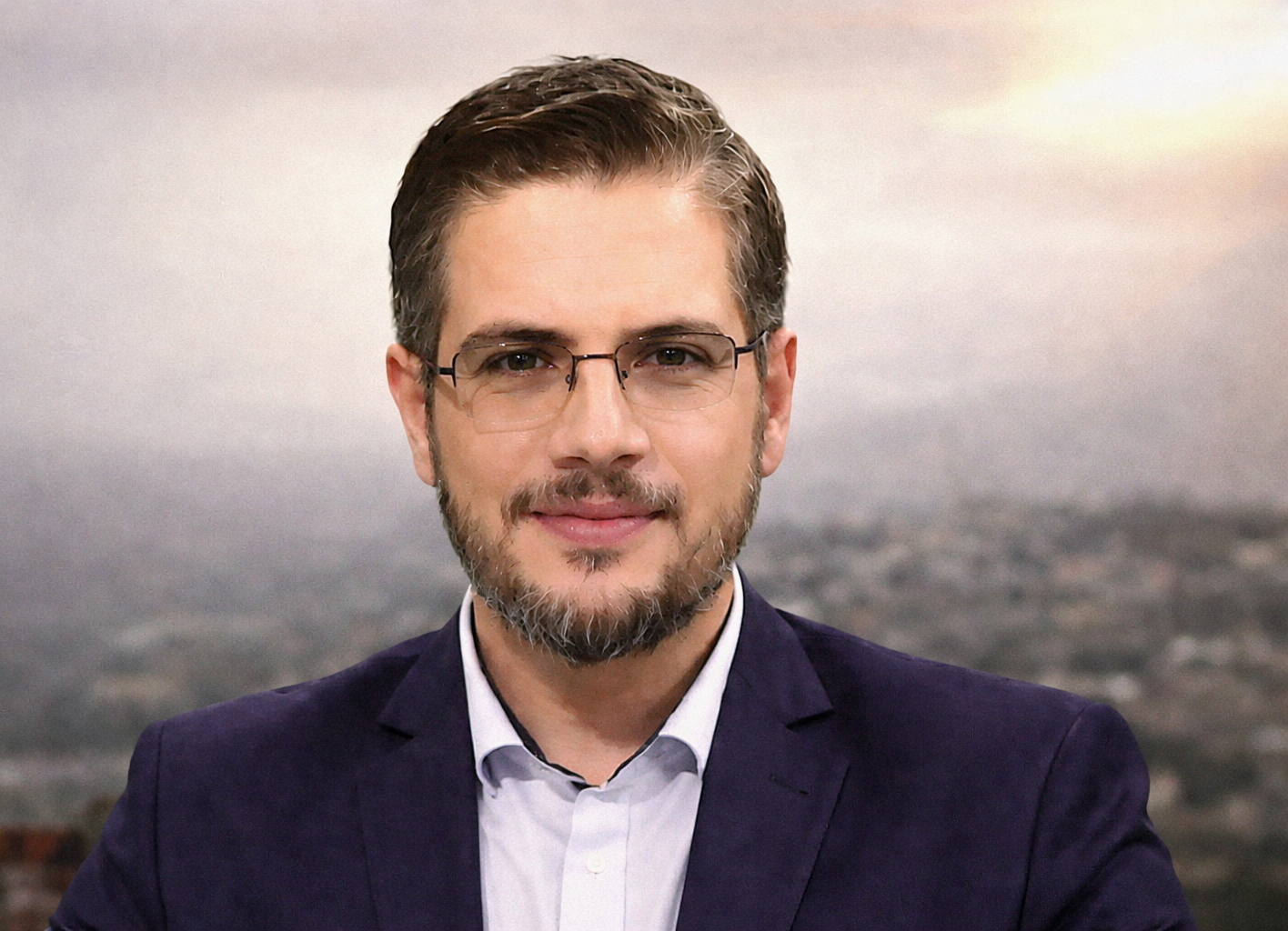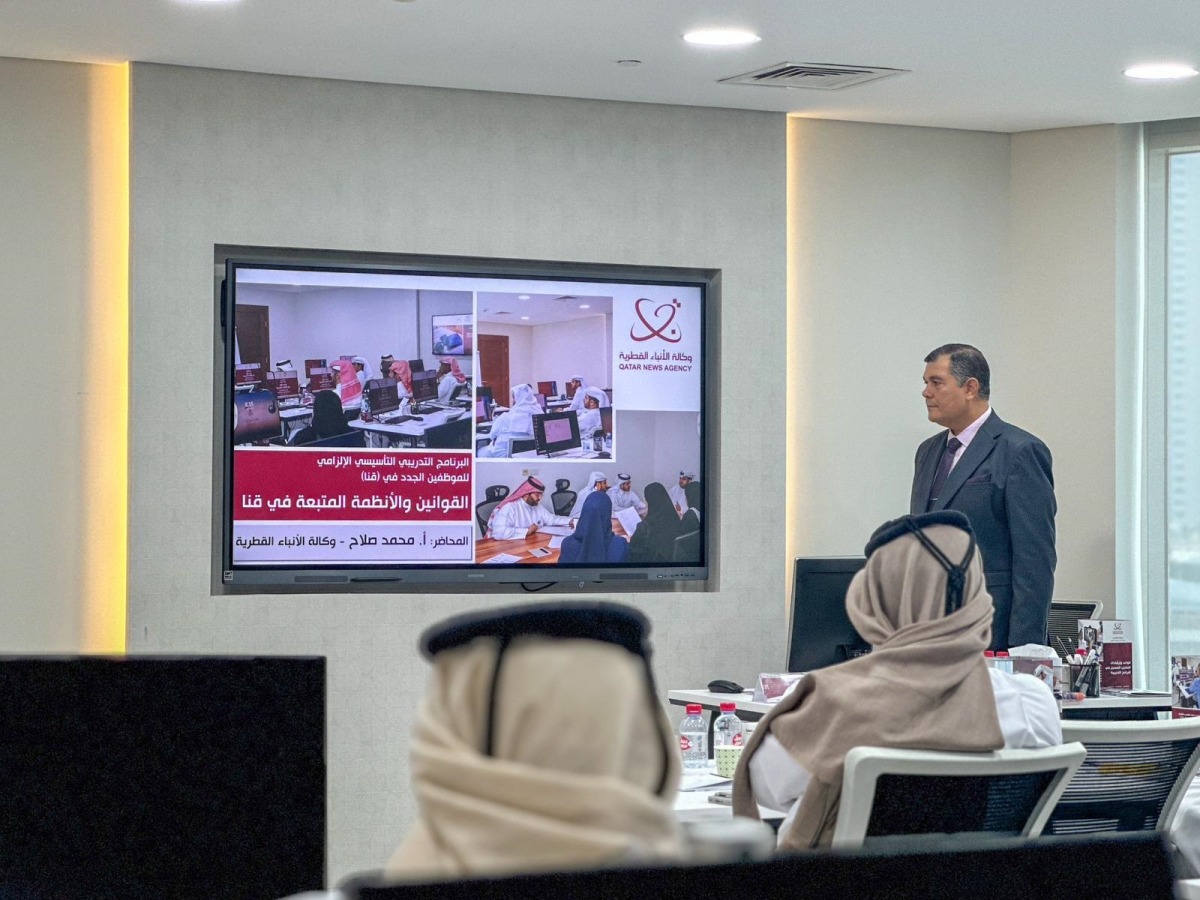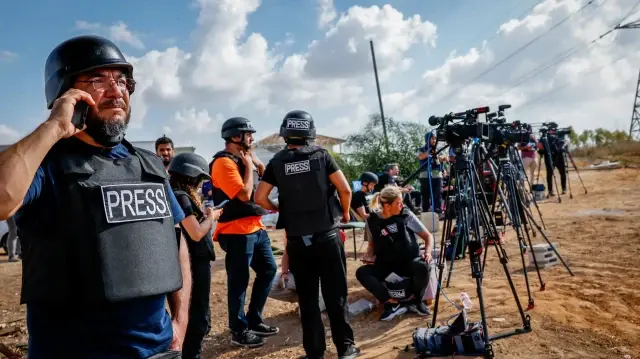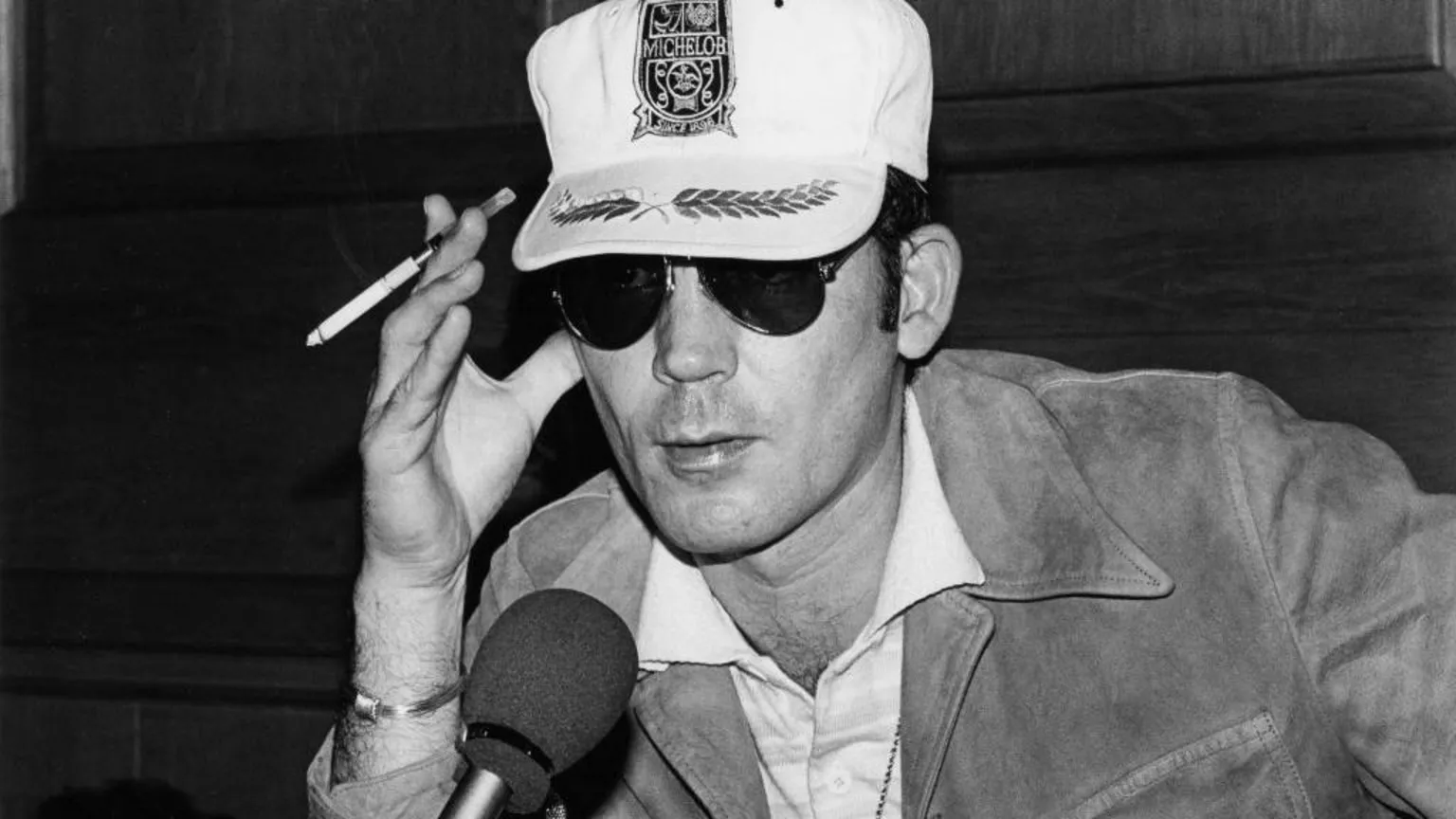
Authorities Reopen Review of Hunter S. Thompson’s 2005 Death
October 3, 2025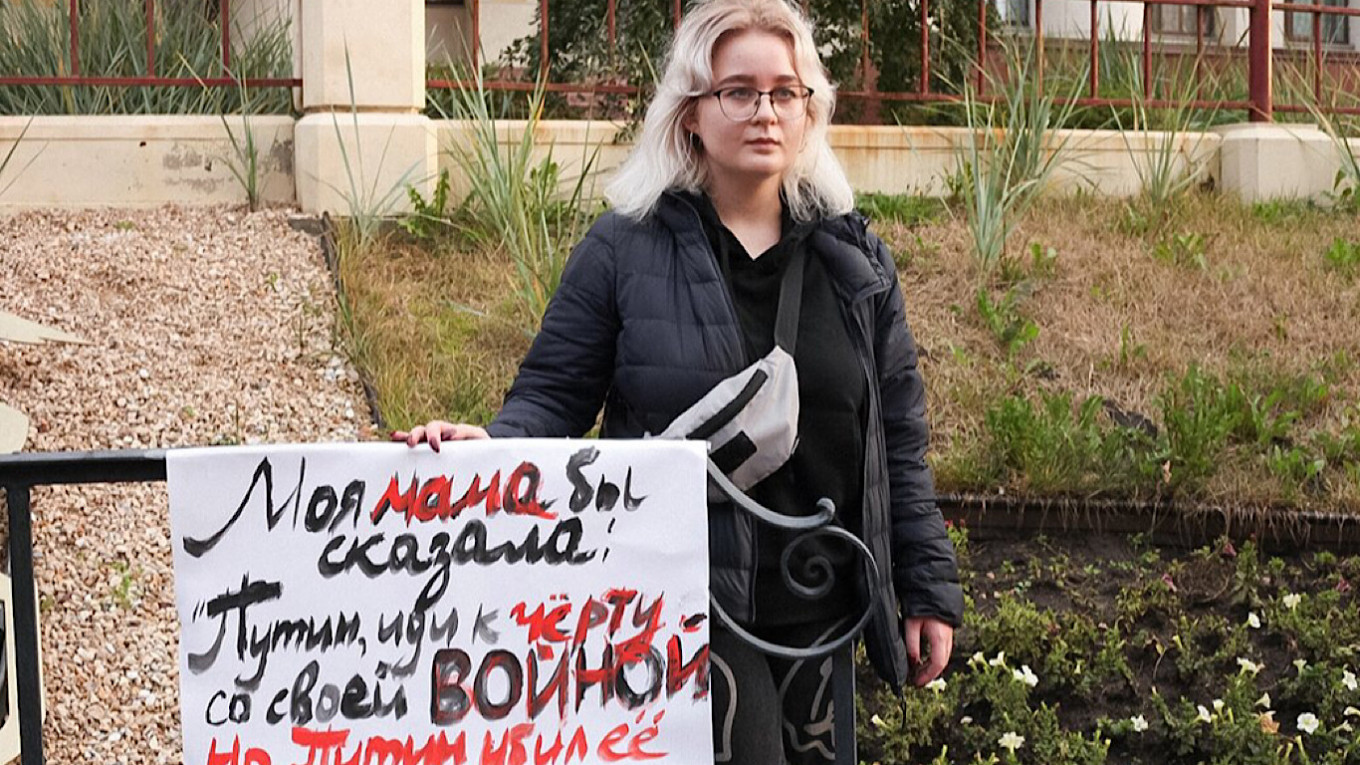
Daughter of Russian Journalist Irina Slavina Detained While Laying Flowers at Her Memorial
October 3, 2025October 03, 2025 – Palestine –
Amid the Israel-Gaza war, commentary and advocacy have converged on a chilling diagnosis: Gaza is turning into a graveyard for journalism. In a recent opinion piece for The Guardian, Anthony Bellanger, General Secretary of the International Federation of Journalists (IFJ), argues that repeated killings of reporters in Gaza amount not only to war’s collateral damage—but to an existential attack on truth itself. He asserts that “killing journalists is killing the truth,” and calls for unrelenting pressure to protect media workers in conflict zones.
The IFJ’s own blog has echoed this sentiment, denouncing the escalating dangers faced by media professionals in Gaza. According to its analysis, the consistent targeting of journalists—many of whom are local, under-protected, and working amid destruction—serves to silence witnesses. The blog frames the pattern not as incidental harm but as a broader tactic of information suppression.
Figures underscore the gravity of the situation: by August 2025, at least 242 journalists and media workers had died in Gaza since the conflict reignited—a death toll far exceeding any other active conflict zone. Many of those killed were covering bombings, hospital strikes, or rescue operations. Others have been wounded, detained, or displaced.
Bellanger’s commentary and the IFJ blog both emphasize that media work in Gaza is becoming increasingly impossible: with shrinking safe zones, mounting threats, and limited access, few can report without risking life and limb. They insist that protecting journalists is not optional—it is a core tenet of transparency and accountability in wartime.
These statements are not mere rhetoric. They arrive at a moment when press freedom groups worldwide are demanding intervention, citing possible violations of international law and the need for independent investigations. In each death or disappearance of a journalist lies a broken bridge between the conflict’s reality and the outside world.
Reference –

